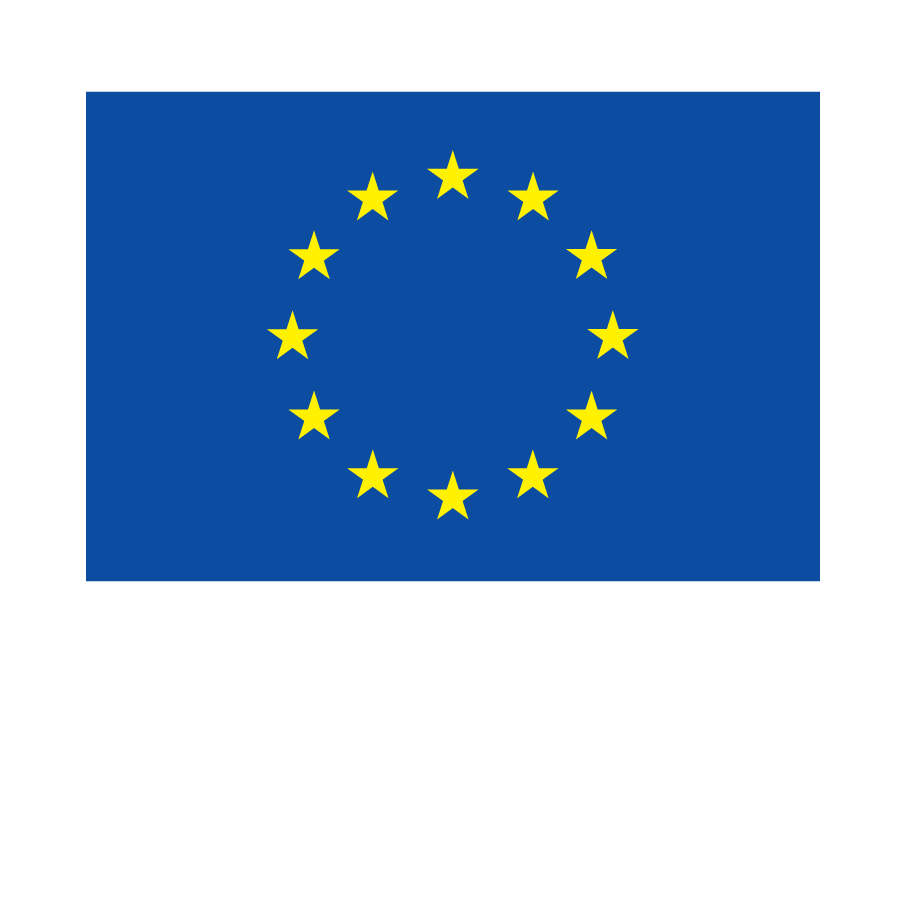The CRoLEV Dashboard is an interactive tool, which includes the analyses of all the data collected from the CRoLEV team, both hard and soft data, with the aim of measuring aspects of the rule of law in Cyprus and beyond. The conceptualisation of the rule of law was conducted based on deep literature review, robust mapping of resources, tools and approaches available, thematic research discussions, survey and focus group to date, through which four general pillars have been identified, with their own sub-pillars and indicators. Click on the four Pillars below to expand on their components and analysis.
Civic Engagement (Pillar 1)
A functional civil society, which is largely committed to the democratic project, is necessary to ensure that governments uphold the rule of law. This pillar explores the extent to which a democratic state ensures both spaces for civil society, and also empowers citizens to participate in the civic sphere.
Democratic Governance (Pillar 2)
Democracies differentiate from authoritarian systems by constraining the actions of political agents through the rule of law. This pillar explores how democratic governance is secured by exploring the institutional framework to fight corruption and enhance transparency.
Functionality of Justice (Pillar 3)
The rule of law requires a well-functioning judicial system that guarantees access to justice, independent and impartial tribunals, and effective justice administration. This pillar explores the quality, efficiency, and accessibility of justice, as well as the various obstacles citizens face.
Democratic Values (Pillar 4)
The rule of law is intrinsically connected with democratic values. This pillar explores how states safeguard democratic values such as free speech and the opportunities to contest government decisions, by examining media freedom and broad mechanisms of democratic control.

